Autobiography in Indian Writing in English
Literature is always interlinked and connected with life and life is always honourable respectable, admirable, venerable, considerable meaningful and worthy of notice and study. When we read the autobiographies we bow our heads in deference, reverence, stream and veneration of M.K. Gandhi, J.L. Nehru, R.K. Narayan & Kamala Das. Life is made of both fair and foul, good and bad. According to P.B. Shelley: “Life is a Dom of many coloured glassâ€, and only a puritan and narrow-minded person will refuse to see the Rainbow like variety and God’s plenty in life. It will be a mistake of first order to expect M.K. Gandhi to think and write like Kamala Das or to expect from Kamala Das to think, write and describe her life like to Mahatma Gandhi. Every human being is unique and we should respect the individuality and uniqueness of all human beings as well as writes. An attempt has been made in my thesis to call a sped a sped and to study M.K. Gandhi, J.L. Nehru, R.K. Narayan and Kamala Das in proper perspective, since the motives, missions and intentions are often mixed. It has been our aim to study the autobiographies as adventures in the source of their authors. All writers attempt to know their ownself. Our Upanishad proclaimed; “Atmanam viddhiâ€, “Atma was Are Drastabhayahâ€, meaning their by that the only worth saying thing is the self of the writers. All writers must express their own selves in order to know the Reality. Literary beauty of any peace of Art must have some autobiographical appeal. Nehruji often use to say that a poet should make his own life a poem. Tagore use to say about the concept of writer as ‘Jiwan Shili’. Hence is quite clear that diction style, vision, tone, theme and charm all come in a peace of art out of the rich treasure of the life of the author.
Get it now and save 10%
BECOME A MEMBER

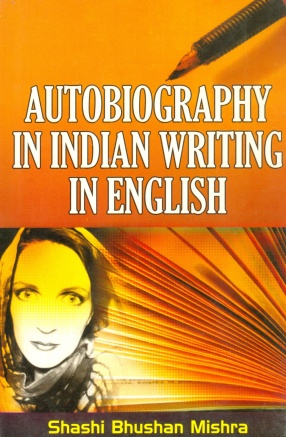
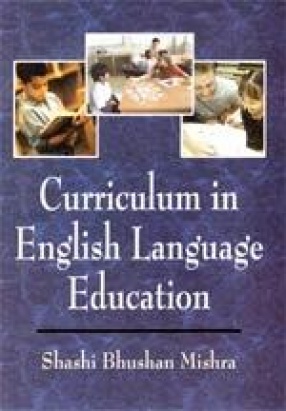
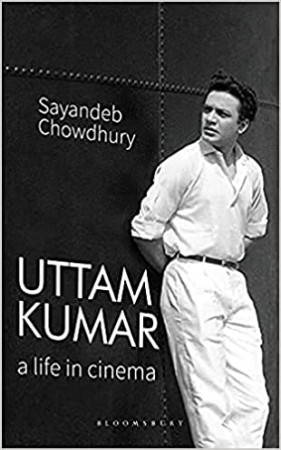
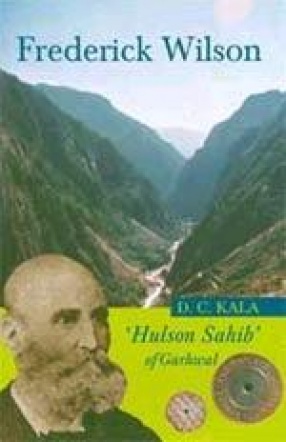
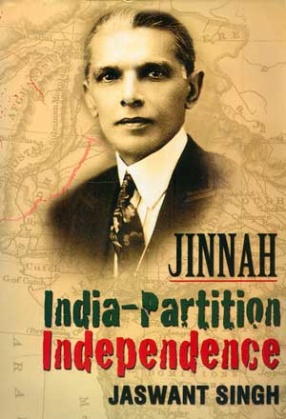
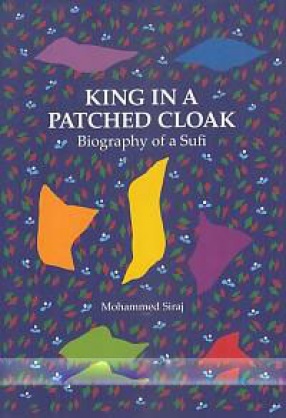

Bibliographic information